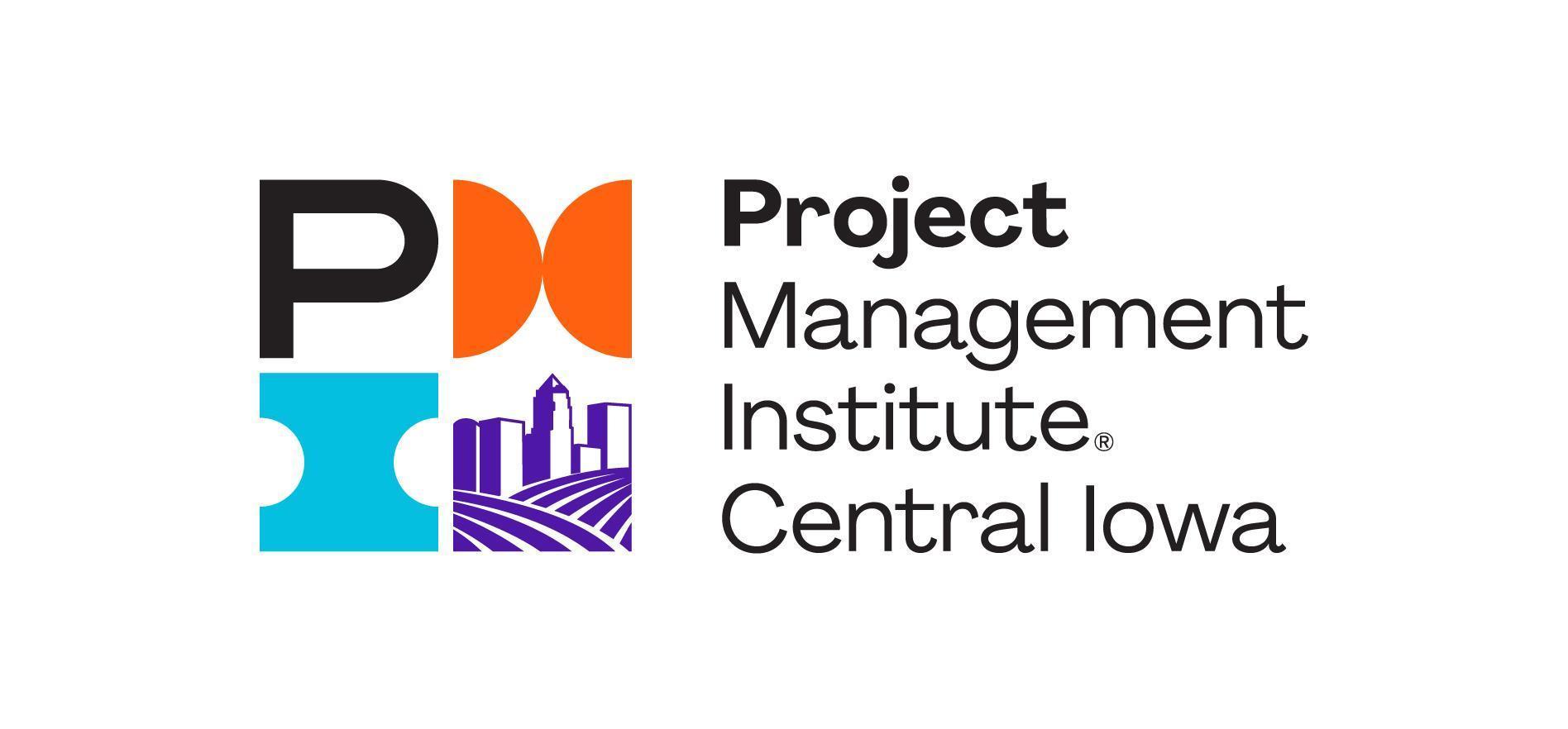29 June 2019 at 12:00AM
PDD 2019 Find Your Impact: Speaker Series - Episode 6
Jacy Imilkowski (just think "I-milk-cows-on-skis"), PMP, CPCC, ACC, CLL is an energetic speaker, born storyteller, and self admitted communication nerd. She is also an adjunct instructor on communication and leadership for the University of Wisconsin Madison and Madison Area Technical College. A communication expert specialized in resilience and the neuroscience of conversation, Jacy combines emotional intelligence and brain science to create new perspectives on how emotion impacts all parties in our business relationships.

Session 1: Core Values Connection: Find Your Values, Find Your Impact
Does "fair" mean that everyone is treated the same, or that everyone is treated as an individual? The answer is: Yes. Core values are the foundational, guiding principles that dictate our behaviors and actions. They're also one of the fastest ways to create the foundation of connection, or conflict, which sets the tone for an entire project. The ability to recognize core values gives profound insight into what keeps us, our teams, and our clients moving forward connected and moving forward, even when there are conflicting beliefs or points of view.
Participants will learn to identify core values by:
- Listening to what people are saying, and not just the words they use
- Seeing personal and environmental cues that can indicate an expression of core values
- Inquiring about values with positivity, respect, and acceptance
- Connecting to core values is a powerful way to find your unique impact.
Participants will leave able to:
- Design relevant, customized solutions more effectively
- Apply skills for exceptional scope and risk management
- Enhance interpersonal and team communication
- Build stronger relationships between team members and stakeholders
Session 2: The Brilliance of Resilience: Beat Burnout and Maintain Maximum Impact
The burnout crisis is real, and the numbers are staggering. 23% of employees are chronically burned out, and 47% more are headed in that direction. So how do you keep providing high-impact team leadership when times are tough? You know, when everyone is already at full capacity and the project deadline moves up, increasing the workload. Or a key team member leaves and there's no one to fill the gap. Answer: Be a strong, adaptable team leader that plans for challenge and cultivates resilient teams. Resilience is the capacity to recover from difficulties. It's foundational to embracing growth and beating burnout in the face of challenge. This session teaches key skills to create psychologically safe spaces that support resilience in our teams and ourselves. This open, honest, and funny program looks at how to embrace imperfection and choose resilience and growth over burnout and frustration.
Participants will learn to:
- Explore personal relationships with challenge, resilience, and growth
- Generate powerful conversations that shatter stigmas around challenge and burnout
- Create psychologically safe spaces for those experiencing challenge
- Utilize tools and strategies to stop fighting and start growing from challenges
Session 1 is categorized under the Technical Talent Triangle. The second session is categorized under the Strategic Talent Triangle.



